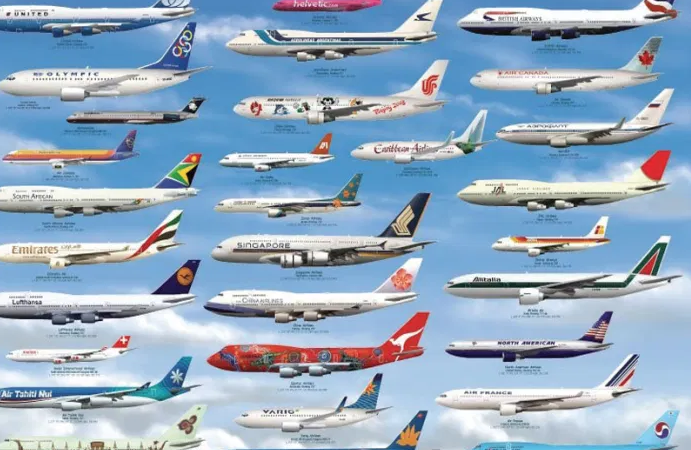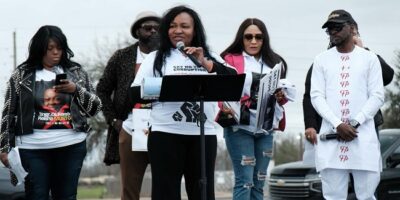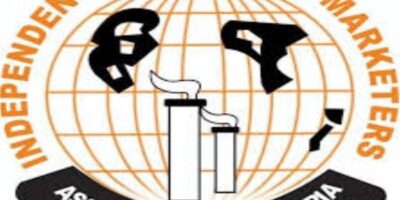Airlines Blame Dollar Scarcity, Pandemic For Rising Airfares

- Seek CBN intervention
Airlines have attributed the skyrocketing airfares, which have elicited disaffection from travellers to the scarcity of dollars and the COVID-19 pandemic.
The airlines, in separate interviews with Flavision warned travellers to brace for a higher fare regime as economic indicators show that the problems are not likely to abate soon.
From N28, 000 for a one-hour flight after the high season in December 2020, the average cost of a one-hour ticket has now risen to N60, 000 for a one-way ticket and could rise as high as N120, 000 if a passenger buys a ticket on the day he is travelling.
The airlines attributed the soaring airfares to dollar scarcity, which has forced them to resort to the parallel market for the greenback.
They appealed for the intervention of the Central Bank of Nigeria (CBN) to create special forex window for aviation.
They also attributed the hike in fare to the fact that many aircraft that were taken out of the country for maintenance were yet to be brought back because of the pandemic, which has hindered activities in some countries.
Owing to this, Nigerian carriers have a limited fleet but high demand for air travel, as insecurity continues to discourage many people from travelling by road.
The Chief Operating Officer of Air Peace, Mrs. Toyin Olajide, told THISDAY that airfares are high because of forex scarcity.
Airfares are high because of forex and we buy dollars from the parallel market. When you look at the prices of tickets, they don’t reflect the actual cost of operation. If they do, they will be higher than what we sell tickets now, but competition has kept the fares relatively low.
We need dollars for most of the things we do in aviation. We buy spares in dollars and we source dollar at N500 per dollar. Just imagine the cost if you want to import an aircraft engine. So the high cost of fares is because of forex,
she explained.
She added that currently, there is limited capacity because airlines are operating fewer aircraft in their fleet.
According to her, Air Peace has most of its aircraft overseas where they were ferried for maintenance but they got stuck because of COVID-19 pandemic lockdown.
She said most maintenance facilities overseas engaged in skeletal operations due to the lockdown, which delayed the completion of the maintenance of many aircraft to enable them to return to Nigeria for service.
Our aircraft that were ferried for maintenance overseas have not returned due to the lockdown. The maintenance facilities cannot meet delivery time. Few people are allowed to work on the aircraft and because of the lockdown, so many things are not working the way they should.
For example, we have some of the aircraft in Israel, if you order spares from another country, it takes time before it will be delivered because immigration services may not be working in some countries; some companies may not even be operating optimally. So these are some of the challenges that we have,
Olajide said.
She stated that about 21 of Air Peace aircraft are under maintenance or due for maintenance, adding that the Nigerian Civil Aviation Authority (NCAA) calculates aircraft maintenance date by calendar months, so anyone that operated for 18 months is grounded and readied for maintenance.
We have 21 aeroplanes that are under maintenance or due for maintenance but we have not got a slot for those due for maintenance in facilities overseas. They have to push out the ones that have completed their checks before they will take in more. So the aircraft have to queue and wait,
she said.
Olajide, however, said the good news was that the brand new Air Peace aircraft, Embraer E195-E2 would soon start operation, as NCAA is about to complete its certification on them.
We already have two of the aircraft in Nigeria and three are due to arrive this May. NCAA is at the stage of the demonstration flight, which will take about one week. So we will have five of the new aircraft operating from this month. But for the other aircraft, what is affecting us is the maintenance calendar and the fact that those aircraft taken for maintenance are yet to return,
she added.
A former CEO of Aero Contractors, Captain Ado Sanusi, also told Flavision that high demand triggered the increase in airfares.
Also there is no capacity. For example, Azman Air that was grounded by NCAA has three aircraft. That number is off from the system until they resume operations.
Airlines are also taking advantage of the demand because I cannot understand why an economy ticket was selling for N74, 000 from Abuja to Kano, one way, which is less than one hour flight. There is a lot of demand for air travel because of security challenges on the roads; airlines are taking advantage of that,
Sanusi said.
But the Managing Director of Aero Contractors, Captain Mahmoud Abdullahi, told Flavision that high fares are caused by scarcity of foreign exchange so airlines are finding it difficult to access dollars so they buy from the parallel market.
Airlines are finding it difficult to source dollars, so they are buying it from the bureau de change. If we are getting it from CBN, it will be better. Then there is this issue with aviation fuel, in which prices change every day. It keeps on going up. For airlines, everything is dominated by dollars. CBN should give airlines a special window to access forex. The fares are increasing but there is a limit to what the passengers can afford,
Abdullahi stated.
The General Manager, Public Affairs, NCAA, Mr. Sam Adurogboye, however, said the maintenance calendar of 18 months for C-check couldn’t be changed because that is what is in the regulation, so it is the law.
But he said if the airlines wanted to review it, they should submit a proposal to the regulation committee to consider.
Whatever we do is based on the law. We have standing regulation that is followed to do these things. We also have a standing regulation committee. So airlines under Airline Operators of Nigeria (AON) or as individuals can submit a proposal, requesting for the review of that regulation. But for now, we have to follow the law as it is and it stipulates 18 months for C-check and we cannot change that,
he explained.

Justin Nwosu is the founder and publisher of Flavision. His core interest is in writing unbiased news about Nigeria in particular and Africa in general. He’s a strong adherent of investigative journalism, with a bent on exposing corruption, abuse of power and societal ills.













